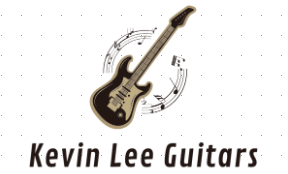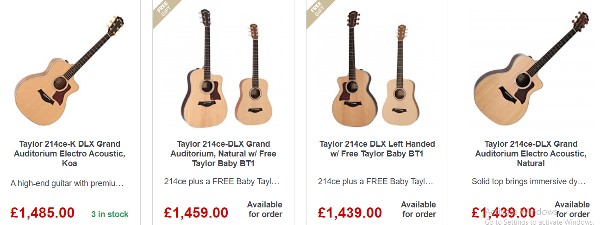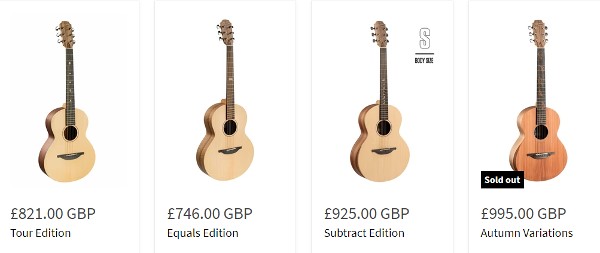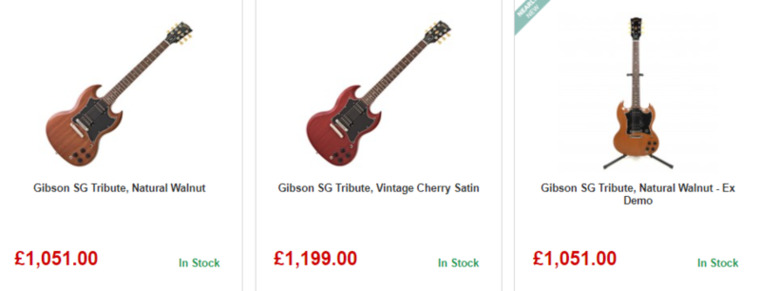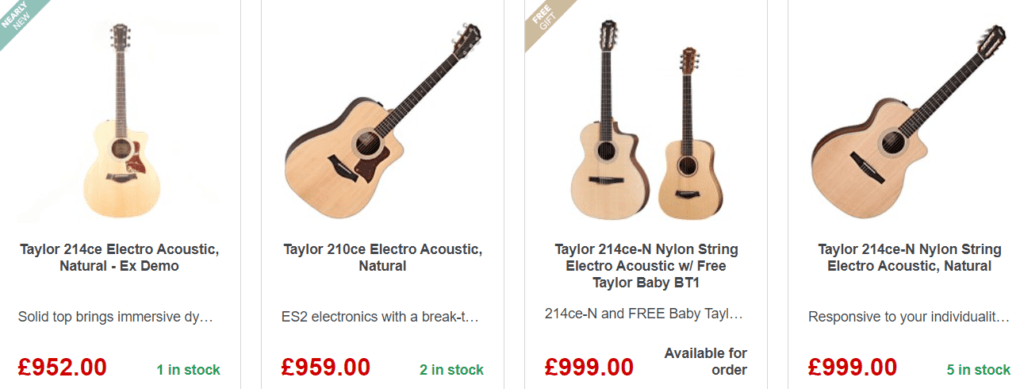Guitar playing, while often seen as a solo pursuit, has a rich and vibrant community aspect that fosters connections, collaboration, and shared experiences. Whether you’re an aspiring guitarist or a seasoned player, engaging with the guitar community can significantly enhance your musical journey. In this article, we’ll explore the various social and community aspects of guitar playing and how they contribute to personal growth, skill development, and a deeper connection to music.
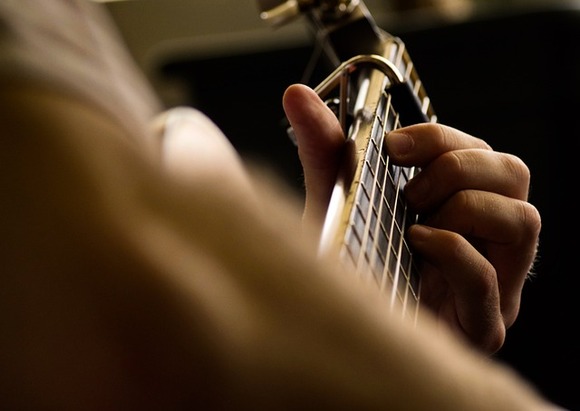
Introduction: The Social Power of Guitar Playing
- The Role of Music in Building Communities
- Music, and guitar playing in particular, has long been a tool for bringing people together. From campfires to concert stages, the guitar serves as a universal language that transcends cultural and social boundaries.
- The act of playing guitar is not just about personal expression; it’s about sharing that expression with others, creating bonds and building communities in the process.
- Why Community Matters for Guitarists
- Engaging with others who share your passion for the guitar can provide support, inspiration, and motivation. Being part of a community helps guitarists at all levels overcome challenges, celebrate achievements, and continue to grow as musicians.
1. The Guitar Community: A Global Network
- Online Guitar Forums and Social Media Groups
- Accessibility and Reach: The internet has made it easier than ever to connect with fellow guitarists around the world. Online forums and social media groups provide spaces for sharing tips, gear recommendations, and performance videos.
- Learning and Support: These platforms are valuable resources for beginners seeking advice, as well as for advanced players looking to share their knowledge. The collective wisdom of a community can be an incredible asset in your learning journey.
- Building Friendships: Many guitarists form lasting friendships through these online communities, which can lead to collaborations, jam sessions, and even bands.
- Local Guitar Clubs and Societies
- In-Person Interaction: Local guitar clubs offer a chance to meet face-to-face with other musicians. These gatherings provide opportunities for live practice, performance, and feedback.
- Workshops and Clinics: Many local groups organize workshops and clinics, where you can learn from experienced guitarists and improve your skills in a supportive environment.
- Cultural Exchange: These clubs often host events that celebrate different musical traditions, helping members broaden their musical horizons and appreciation for diverse guitar styles.
- Music Schools and Group Classes
- Structured Learning: Music schools and group classes offer a more formal setting for learning guitar, often with a curriculum that guides students from basic to advanced levels.
- Peer Learning: In group classes, you learn alongside others, which can be motivating and can lead to faster progress. Peer learning encourages healthy competition and collaboration.
- Community Performances: Many music schools host recitals and concerts, giving students a platform to showcase their skills and experience the joy of performing in front of an audience.
2. Collaborative Opportunities in Guitar Playing
- Forming or Joining a Band
- Teamwork and Collaboration: Playing in a band teaches essential skills like teamwork, communication, and compromise. Each member brings their unique style and strengths to the group, creating a richer musical experience.
- Creative Synergy: Collaboration in a band often leads to creative breakthroughs. The exchange of ideas and the blending of different musical influences can result in original and innovative music.
- Performance Experience: Being part of a band provides opportunities to perform live, which is crucial for building confidence and stage presence.
- Participating in Jam Sessions
- Improvisation and Creativity: Jam sessions are informal gatherings where musicians play together, often improvising on the spot. This setting allows for spontaneous creativity and helps develop your ability to think musically in real-time.
- Networking: Jam sessions are great for meeting other musicians in your community. These connections can lead to future collaborations, gigs, or even just new friendships.
- Skill Development: Playing with others in a jam session challenges you to adapt and respond to different styles and rhythms, which can significantly improve your versatility and musicianship.
- Collaborating Online
- Remote Collaborations: The internet has opened up possibilities for remote collaborations. Guitarists can now work with musicians from around the world, sharing ideas and creating music without ever meeting in person.
- Digital Tools and Platforms: Various online platforms and digital tools allow musicians to record, edit, and share their contributions to a project, making collaboration more accessible than ever before.
- Building a Global Audience: Online collaboration can also help you reach a wider audience, as the music you create can be shared across different platforms and social media, gaining listeners from around the world.
3. Guitar as a Tool for Social Engagement and Activism
- Music as a Voice for Social Change
- Historical Context: The guitar has played a significant role in social and political movements throughout history. From folk singers in the 1960s to punk rock bands in the 1970s, guitarists have used their music to speak out against injustice and advocate for change.
- Modern Activism: Today, guitarists continue to use their music to address social issues, raising awareness and inspiring action through powerful lyrics and performances.
- Community Outreach Through Music
- Educational Programs: Many guitarists participate in or even lead community outreach programs, teaching music to underprivileged youth or organizing workshops in schools and community centers.
- Benefit Concerts: Musicians often organize benefit concerts to support causes they believe in, using their talent to raise funds and awareness for various charitable initiatives.
- Healing and Unity: In times of crisis or division, music has the power to heal and bring people together. Guitarists can play a vital role in fostering unity and understanding through their art.
4. The Emotional and Psychological Benefits of Community Guitar Playing
- Building Confidence and Reducing Anxiety
- Supportive Environment: Being part of a guitar community provides a supportive environment where you can share your music without fear of judgment, helping to build confidence.
- Overcoming Performance Anxiety: Regularly playing in front of others, whether in a small group or on stage, helps reduce performance anxiety and prepares you for larger audiences.
- Emotional Expression and Catharsis
- Shared Emotional Experience: Playing music in a group allows for collective emotional expression, creating a powerful shared experience that can be cathartic and healing.
- Outlet for Emotions: The guitar provides a creative outlet for expressing complex emotions, and doing so in a community setting can amplify the therapeutic benefits.
- Fostering a Sense of Belonging
- Shared Passion: Being part of a guitar community connects you with others who share your passion for music, fostering a sense of belonging and camaraderie.
- Mutual Support and Encouragement: Community members often support each other through challenges and celebrate each other’s successes, creating a positive and nurturing environment.
Conclusion: The Lasting Impact of Community in Guitar Playing
The community and social aspects of guitar playing offer much more than just a space to share your love for music. They provide opportunities for growth, connection, and meaningful engagement with others who share your passion. Whether you’re playing in a band, participating in online forums, or simply jamming with friends, the relationships you build through guitar playing can have a profound impact on your musical journey and personal development. Embrace the social side of guitar playing, and you’ll find that the music becomes even more rewarding when shared with others.
